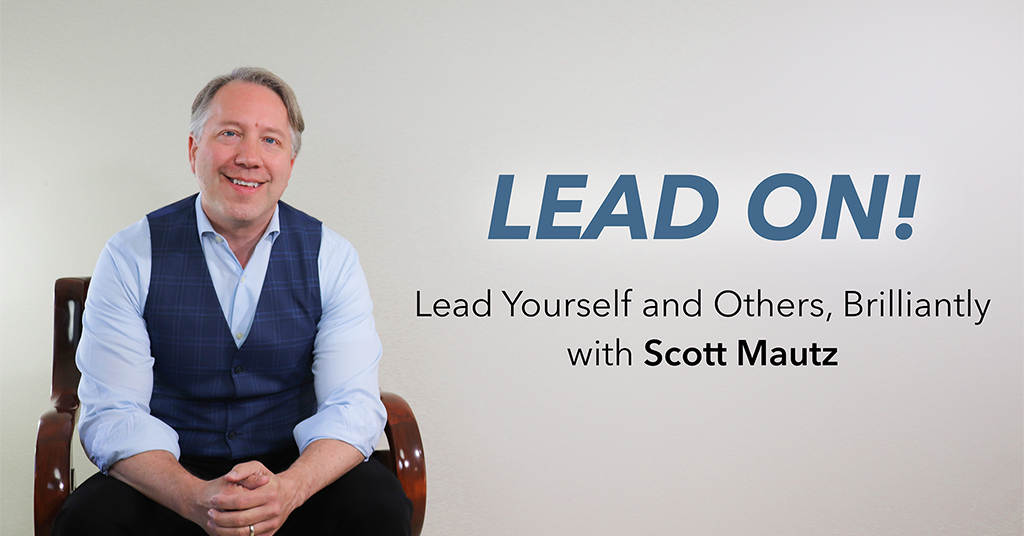
INSIGHTS (on leadership/self-leadership)
Better results come from better decisions, which most directly come from better judgment. Research from the London Business School, mixed with my own experience, pinpoints 4 key ways to develop better business judgment (and better judgment in general).
1. Listen carefully and be critical of everything you read. Too often leaders take new information and rush to a (bad) decision with it, because they valued speed above all else or because information was overwhelming them and just making the call was the easiest way out. In either case, they just weren’t skeptical or analytical enough about what was presented to them. Active listening is vital here, as is paying attention to the things not being said/written. Additionally, good judgment comes from keeping in mind the motivations behind the position taken or argument presented and not getting overly swayed by emotion. Finally on this front, spotting discrepancies and inconsistencies in data, questioning data sources, and simply knowing your business better than anyone else, is vital.
2. Seek to contradict your opinion, not validate it. You’ll have no issue finding people to agree with you. And that’s before you get to the bootlickers who do it out of misguided habit and desire to curry favor. Build a network of people you can turn to for trusted advice, ones not afraid to tell you that you’re wrong or that can confirm you’re right in a credible fashion, based on their experience, not on their excitement to agree.
3. Beware the pitfall of familiarity. Being in something for too long, with too much knowledge, can be just as dangerous as helpful. We’re creatures of habit. Leaders especially so, and especially so when they’re overwhelmed with so many responsibilities. It can be easiest to just default to what you know and ride that train. This sentiment confuses good judgment with habit, and complacency and overconfidence replace curiosity and creativity. So, keep expanding your experience base and recognize when you’re too close to make objective calls.
4. Know your biases, and stop them cold. Our biases inform decisions in unwarranted ways. It’s vital to recognize what your biases are (if you don’t know, ask others – they’ll tell you) and then have the discipline to set them aside when making a decision.
IMPERFECTIONS (a mistake I made)
I’m opening this section with a surprising argument. There are times when you should settle at work. Philosophy professor Robert Goodin points out that settling at times is “intrinsic to living any kind of meaningful existence because virtually all human activity requires some stability, some fixed points, some closed-off options.” For example, accept a job and it’s important to commit to it for a time instead of continually scanning the landscape for better options. Thus, we actually can’t function without some level of settling. The problem arises when we don’t follow Goodin’s advice to periodically check in on the balance of settling versus striving in your professional career. I made the mistake late in my corporate career of getting this balance wrong, drawing too much comfort from settling into something that I was good at but that was no longer particularly challenging and growing me. In that moment, I had the balance wrong. When I caught myself and recommitted to striving versus settling, it launched the second season of my professional life (that of a speaker, trainer, author, LinkedIn course creator). So learn from me and don’t get stuck—keep a constant balance between settling and striving.
IMPLEMENTATION (one research-backed strategy, tip, or tool)
Here’s a must try tip: apply the Steve Jobs Rule for handling criticism, which says, if you want to “dent the universe,” as he once challenged, accept that you’re going to take dents in your armor here and there. In other words, if you want to matter, to make a difference, not everyone will agree with every step of your journey. Period. This is the consequence of life’s great binary choice (whether to make a difference, or not). The key is to know that anything worth doing attracts admiration and criticism. Certainly, it’s not made easier by the fact that one of life’s great imbalances is the fact that what others risk by criticizing is nothing compared to what you risk by putting yourself out there (internet trolls I’m looking at you). No one said it was fair. But don’t let that stop you from moving forward. Don’t ever let that stop you. In the end, the question is, would you rather be judged or ignored? Faced with this decision, surely taking on some criticism seems acceptable in comparison. Use the Steve Jobs Rule to help you along the way.




Leave a Reply